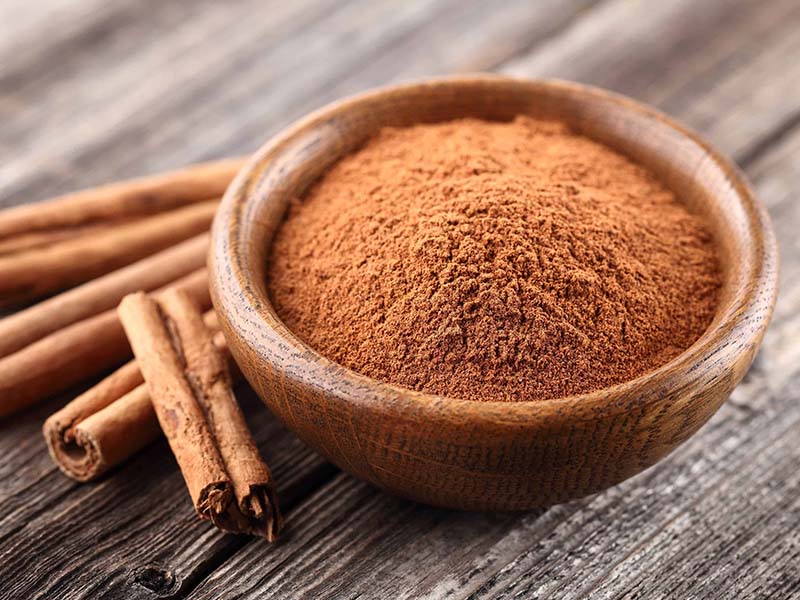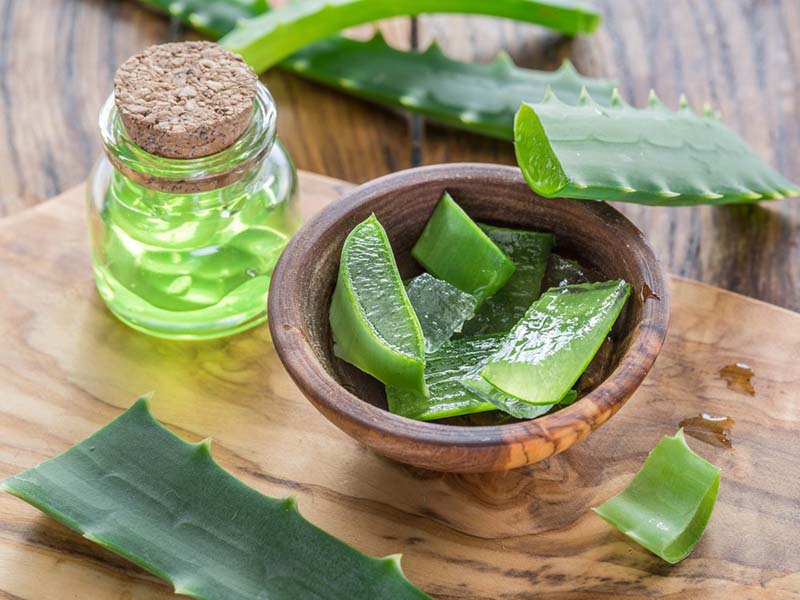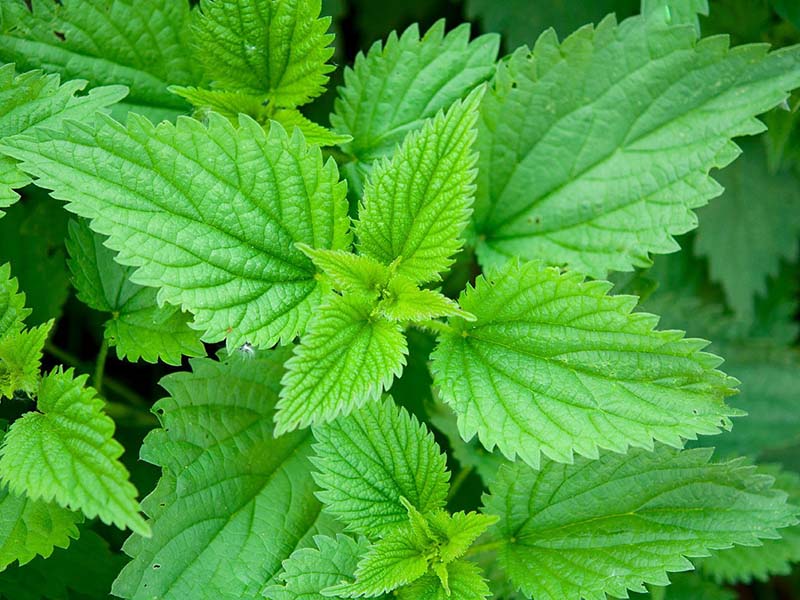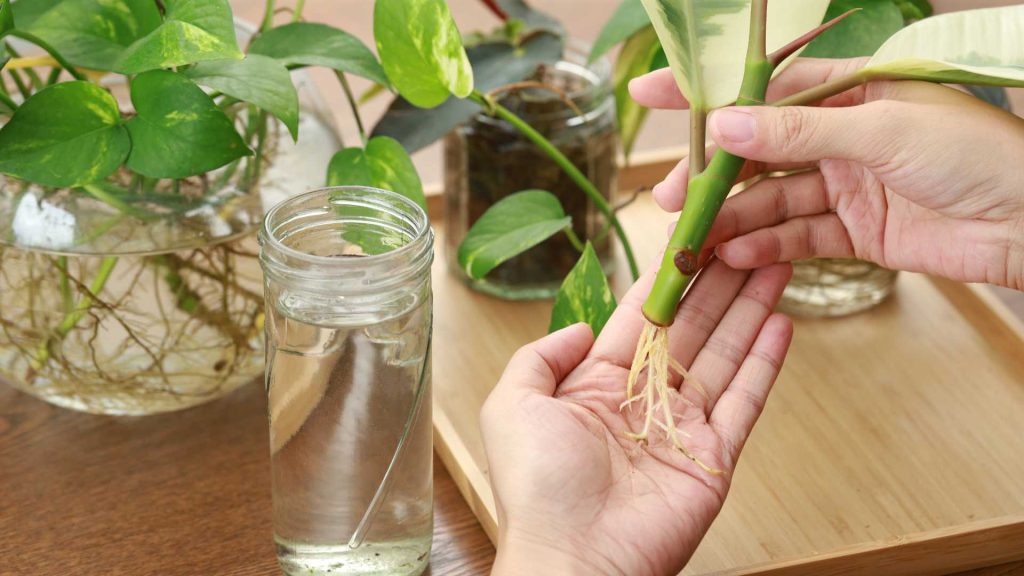It is not at all necessary to buy a root formation stimulant in a store, check the expiration date, withstand storage conditions, and other necessary manipulations. Although widely used modern fertilizers, growth stimulants, and plant protection products are highly effective and easy to use, they are not always completely safe for plants and our body if you use them in food, especially in cases of improper use or non-compliance with dosage accuracy.
For this reason, gardeners often use the homemade plant root stimulator, which allows them to consistently grow beautiful, and most importantly healthy plants. Moreover, such natural growth stimulants are being prepared from the most common and easily accessible things that are likely to be found in every home. Today we are going to tell you about the 10 best root boosters for plants that you can easily make. But let’s start with a general definition.
What Is a Root Stimulator?
As a rule, these are biologically active substances that are formed in each plant in their natural environment. The more these hormones accumulate in the shoot, the easier and faster the plant takes root.
How to Make Roots Grow Faster
You can use a variety of stimulants to promote root formation in the cuttings. Of course, you should not consider this a panacea if various procedures and care were initially done incorrectly. But if you cut off the shoots, root them and plant them in the greenhouse at the right time for this, then root formation stimulants will help.
How to Make a Homemade Root Starter for Cuttings
Apple Cider Vinegar
Apple cider vinegar contains over 30 trace minerals that are beneficial for plant growth, which means it can be an excellent root stimulator for plants. By the way, ACV is also a weed killer, so you can use it safely. To make such a root boost for plants, all you need to do is mix three full teaspoons of vinegar with one gallon of water and dip the cuttings of the plant in this liquid. But be careful and follow the dosage exactly, as too high a dosage can kill the plants.
Cinnamon

Yes, it is the seasoning that envelops with its aroma, bringing unique notes to various dishes. As it is not surprising, in addition to its direct purpose, cinnamon is a root growth stimulator and does an excellent job with this task when growing both indoor and garden plants. In addition, it can also be used as a preventive measure, since cinnamon kills fungus and various bacteria, thereby protecting the cuttings from diseases during rooting. How to use it? It is enough just to sprinkle the cutting with cinnamon powder when you plant it, the result will pleasantly surprise you. By the way, cinnamon is an excellent homemade root hormone for almost all plants.
Honey
Due to its rich composition, you can easily use honey as a DIY root growth hormone. To do this, do the following:
- Boil two glasses of water
- Add one tablespoon of honey to the water
- Let the mixture cool and then place it in a closed container. Store within 10 days away from light.
After these procedures, simply dip the cuttings into the ready-made solution and you can safely transplant the cuttings into the pot as usual.
Aspirin
To use aspirin as a root enhancer for plants, simply grind one tablet (325mg) and mix this powder with one gallon of warm water. Place the cuttings in this solution for about 3 hours and then you can safely transplant the cuttings into a prepared rooting medium.
Aloe Vera

Freshly pressed aloe vera gel has proven itself as a great natural root stimulator for plants for decades. Aloe gel not only contributes to the formation of the root system in the cutting but also has a strengthening effect on the immunity of the future seedling. In addition, aloe juice has antiseptic properties, which means it destroys pathogenic microorganisms that may be on the cuttings. To make such a root growth stimulator, it is enough to extract the gel from the leaves of a mature plant and mix in a blender with a little water. The older the aloe vera is, the more useful the final solution will be. Soak the cuttings in this mixture and you can root it safely.
Willow
Willow can have a positive effect on the root system of most plants, and this property has been known to people for a long time.
Preparing a stimulating solution is very simple. First, you should cut the young willow shoots, which must be placed in a container with water until the green branches take root and the water acquires a rich brown hue. That’s it, the solution is ready. It can be used to soak seeds and cuttings of plants, or it can be used as a stimulant for direct feeding of the root systems of most crops.
Onion
As such, it is not a growth hormone, but onion can well be considered a rooting agent since due to its antibacterial properties onions can greatly improve the rooting result of cuttings. Mix the onion and ½ cup aloe juice in a blender, then filter. After this, dip the cuttings into the resulting liquid. It is an excellent agent that has a positive effect on seed growth and rooting of cuttings.
Nettle

For a long time, people knew about the miraculous properties of this plant, because the common nettle is a storehouse of vitamins and contains a huge amount of organic acids, as well as macro and microelements. To prepare a natural stimulant from nettle, it is necessary to choose healthy and robust plants, without damage or signs of infection. It is advisable to have time to collect the nettle even before the seed formation phase. Then all the stems should be thoroughly dried in the fresh air (under the influence of direct sunlight), and then chopped.
To prepare the solution, place a handful of chopped and dried nettle in a bowl of warm water. Leave the solution to settle for about a week so that the fermentation process begins inside it, while the contents should be thoroughly mixed every three days. It is advisable to apply ready-made nettle dressing once every seven days, watering directly the root system of the plants.
Hydrogen Peroxide
While hydrogen peroxide is not a fertilizer, it can be great for helping plant cuttings to root, due to the extra oxygen molecules. To do this, dilute a teaspoon of hydrogen peroxide in a glass of water. Dip cuttings or seeds in there. Peroxide will not only destroy all harmful bacteria but also protect plants from the effects of various infections in the future.
Saliva
Perhaps the most unusual way to promote root growth on our list. Saliva is often used as a natural rooting stimulant. If you don’t have any of the above at home, or you simply don’t have enough time to make a solution, then you can just spit on the base of the cutting. You will be surprised, but many gardeners mark this method as quite effective.
Conclusion
Thus, there are many ways to promote root growth using only what you find at home. If you want to try the natural remedies suggested above, be careful not to use them in excess. Although they may be slightly less effective than their chemical counterparts, with a few exceptions, overly stimulated root formation can damage the plant, impairing further growth.


